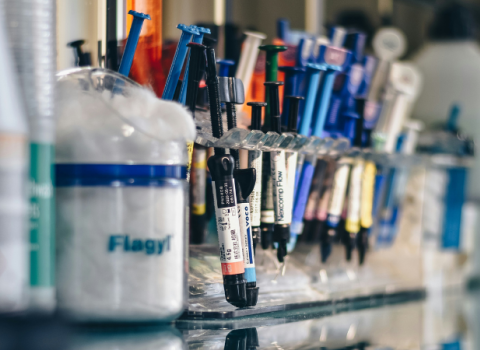Licensing opportunity
Researchers from Bern University found that the surface of titanium or biocompatible polymers used in prostheses can be given cell adhesion and growth-promoting capacity by attaching oligomers of a small, defined sub-domain of the Ameloblastin (AMBN) molecule.
The relevant sub-domain sequence consists of only 13 amino acids, which means it can be produced through synthetic chemistry. This finding opens a new approach for coating medical implants.
It has long been known that AMBN promotes the adhesion of cells to surfaces, accelerating the formation of bone and tissue through the attraction of various types of cells, such as osteoblasts and fibroblasts, from the surrounding tissues. The invention provides the advantages of AMBN without the need for the whole protein, only requiring a coating of a small and stable peptide chain.
The researchers have identified a domain of AMBN consisting of 13 amino acids, which is responsible for the protein’s capacity to attract cells, and thus stimulate the growth of bone and soft connective tissues. The effect has been observed for osteoblasts, fibroblasts, smooth muscle cells and epithelial cells.





 A unique international forum for public research organisations and companies to connect their external engagement with strategic interests around their R&D system.
A unique international forum for public research organisations and companies to connect their external engagement with strategic interests around their R&D system.